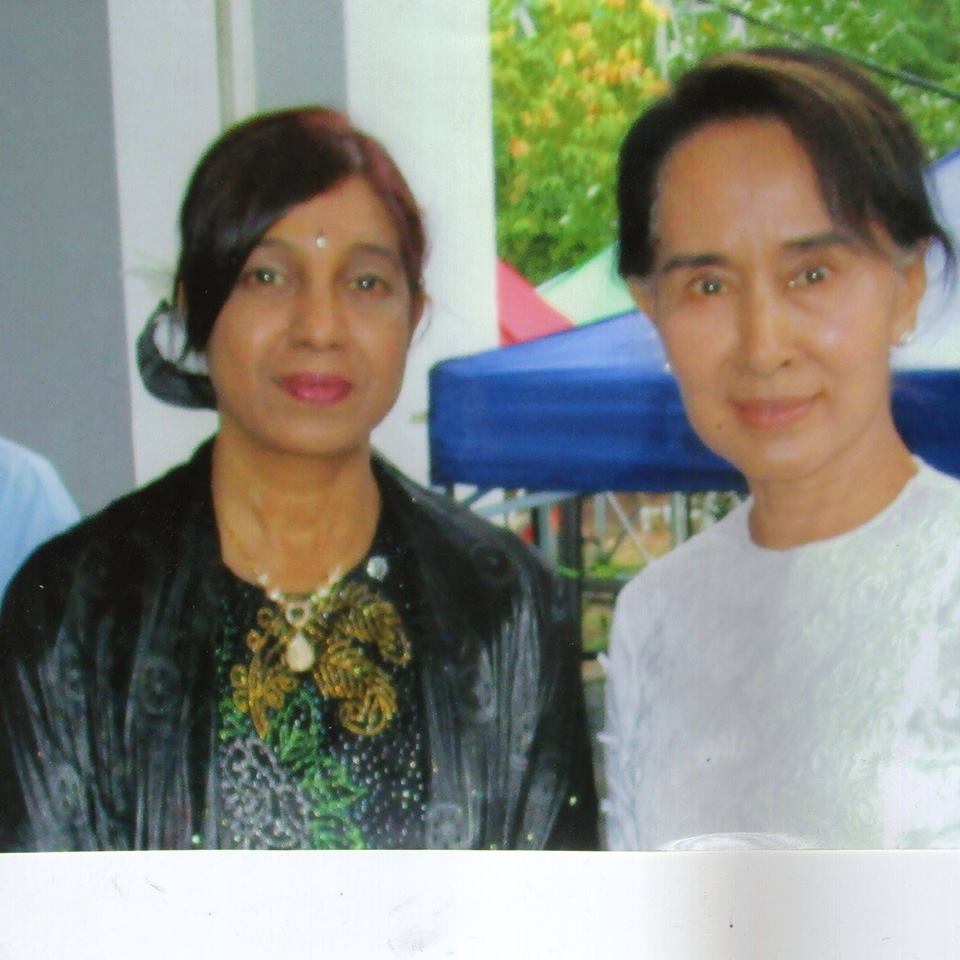The number of women in parliament is set to double when the winners of the general election take their seats next year.
Some 6,074 candidates contested the November polls – of which 13 percent were women. Only around 70 won in their respective constituencies.
Cho Cho Aye, a Rangoon resident, said she hopes more female representation in parliament will help address domestic violence across the country.
“I am very delighted at having more women MPs in the parliament,” she said. “Only women are capable of better understanding women’s issues. I would like them to put more focus on addressing the issue of violence against women. I believe this is the time discrimination against women ends.”
Under the current penal code, marital rape is only criminalised if the wife is under 14 years of age, with no further recourse for continued assault within marriage. Further, no specific laws exist to prohibit domestic violence, and women’s shelters and centres are few and far between in the country. This is despite Burma acceding to the UN Convention on the Elimination of All Forms of Discrimination Against Women (CEDAW) in 1997.
[related]
Recently introduced reproductive laws also remove women’s autonomy over their pregnancy and family planning – mandating a three-year wait between births. Abortion remains strictly illegal – unless the woman’s life is threatened by carrying the fetus to term.
Kathleen Thein, chairperson of the Hindu Women’s Association, said: “The elected female MPs must work hard to prove the point that women are capable. But there may be various challenges for them in doing so and we need to understand their situation.”
Despite the National League for Democracy’s iconic leader being a woman, conservative attitudes towards women in public and political life persist, even within their own political parties.
In an August interview with Irrawaddy, Myanmar Farmers’ Development Party Chairperson Kyaw Swar Soe referred to women as “useless”, using a Burmese phrase that describes inability and incompetence.
Many female candidates reported harassment and rumours circulating about their character during their campaign efforts.
May Sabai Phyu of the Gender Equality Network Myanmar says Burmese society still has a ways to catch up to fair perceptions of women.
“Our society still cannot come to terms with the fact that women can also play a leadership role,” she said.
Adequate female representation is a struggle many countries face – but ensuring women’s voices are heard is associated with better outcomes for children and families.
During her campaign period, noted women’s activist Cheery Zahau told DVB that empowering women is the first step towards a truly developed society.
“Women endure greater negative consequences for the lack of economic empowerment programmes and political participation, as well as suffering from the inherent patriarchy in our society. This is the area I will pay most serious attention if I am elected. Our society cannot move forward and become more prosperous without half of the population – women,” she said.



